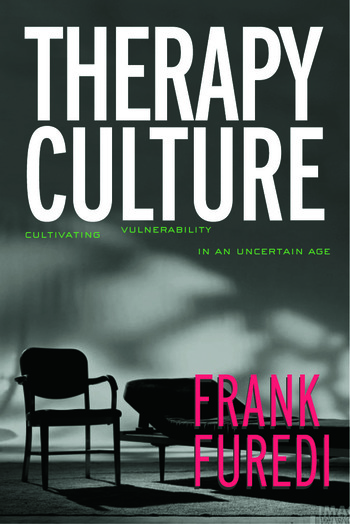The media scrum had framed the Trump impeachment circus round II as an “emotional” affair.
Over and over again did the word “emotion” inform reporting, appear on the lips of legislators, and culminate in an “emotional” catharsis in the Chamber, where the “affected” representatives told a captured audience how they suffered.
Where did this sick therapeutic culture originate? Where else but in America.
I recalled reviewing a book, in 2005, when London’s Jewish Chronicle was a serious magazine. What a relief it was, then, to learn that Jewish thinkers didn’t herald the therapeutic age, a fact that emerges from Andrew Heinze’s outstanding Jews and the American Soul.
In his examination of “why [between 1890 and 1945] psychology became a booming cultural industry, outstripping theology and philosophy as a guide for a literate mass audience seeking advice on how to live”, Andrew Heinze, a scholar, established that “America’s Protestant heritage yielded a powerful American interest in personal development and a massive audience for popular psychology”.
The rationality of the Enlightenment had come under fire from movements espousing mysticism, romanticism, and the occult. The ascendancy of “the psychological interpretive mode” between the 1880s and the 1920s was compatible with Christianity.
The new psychotherapies “had the drama of faith-healing”; the new psychotherapists, true to their Protestant heritage, spread the faith with evangelical zeal.
What do you know? In searching for an image to accompany this blog post, I came across what looks like a work of scholarship that affirms the Anglo-American origins of these leanings as well as the coercive, manipulative nature of the “therapeutic imperative”:
Therapy Culture explores the powerful influence of therapeutic imperative in Anglo-American societies. In recent decades virtually every sphere of life has become subject to a new emotional culture. Professor Furedi suggests that the recent cultural turn toward the realm of the emotions coincides with a radical redefinition of personhood. Increasingly vulnerability is presented as the defining feature of people’s psychology. Terms like people ‘at risk’, ‘scarred for life’ or ’emotional damage’ evoke a unique sense of powerlessness. Furedi questions the widely accepted thesis that the therapeutic turn represents an enlightened shift towards emotions. He claims that therapeutic culture is primarily about imposing a new conformity through the management of people’s emotions. Through framing the problem of everyday life through the prism of emotions, therapeutic culture incites people to feel powerless and ill. Drawing on developments in popular culture, political and social life, Furedi provides a path-breaking analysis of the therapeutic turn.
UPDATED: A fair point is made by our reader in the Comments Section. I am, however, making a philosophical, or theological, point about Judaism as opposed Christianity. Judaism is more legalistic. The supernatural, mysticism, romanticism, and the occult are more compatible with Christianity than with the rationalist morality of Judaism.





